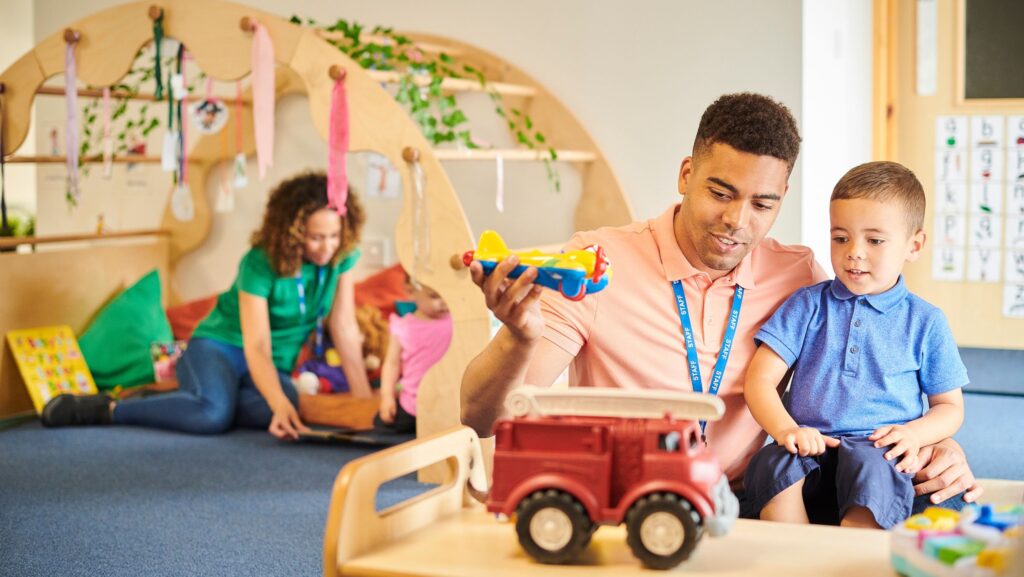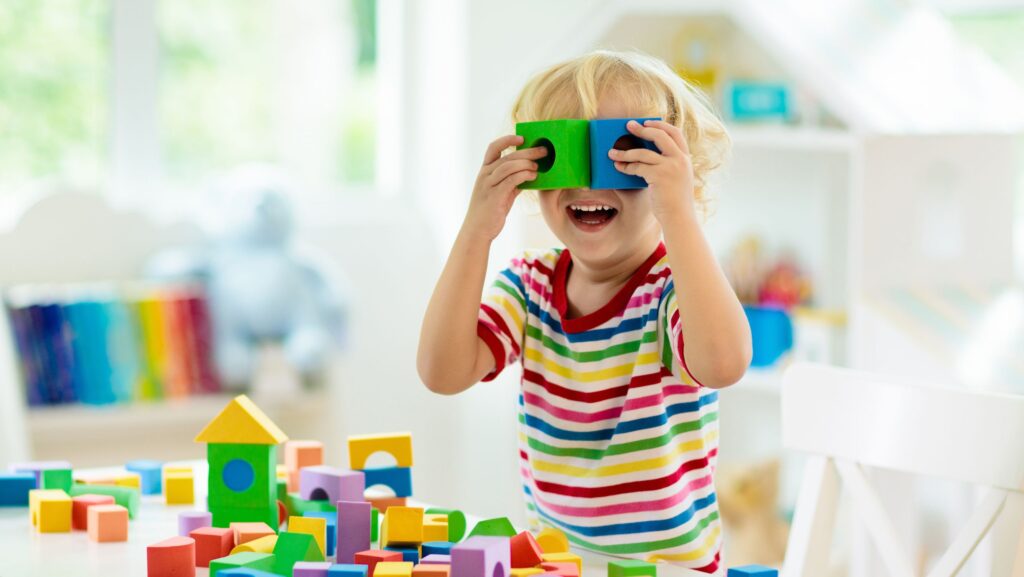Children are natural explorers. From stacking blocks to splashing in puddles, every playful moment is a chance to learn. These small hands are constantly testing, building, and discovering — shaping the way young minds understand the world around them. That’s why quality early learning settings, like Child Care Ormeau, place play at the centre of development. It’s not just fun; it’s the foundation for problem-solving, creativity, and confidence.
Why Play Matters More Than We Think
Play may look simple, but beneath the surface, it’s a powerful driver of growth. When a child lines up toy cars, they’re experimenting with order and patterns. When they role-play as doctors or teachers, they’re building empathy and communication skills. Through play, children are not just entertained — they are learning how to think, how to interact, and how to adapt.
Research shows that children who engage in rich, purposeful play often develop stronger social skills, better emotional regulation, and improved academic readiness. In other words, play is serious business when it comes to laying the groundwork for a child’s future.
Building Brains Through Play
Every game, puzzle, or imaginative adventure lights up different parts of a child’s brain. These playful activities help them develop in key areas:
- Cognitive skills – recognising shapes, counting objects, predicting outcomes.
- Language skills – storytelling, asking questions, expanding vocabulary.
- Motor skills – balancing, grasping, running, drawing.
- Social skills – taking turns, sharing, negotiating roles.
- Emotional growth – learning patience, resilience, and empathy.
When combined, these skills give children the tools to navigate both school and everyday life with confidence.

The Role of Imagination
One of the most magical aspects of childhood is the ability to turn the ordinary into the extraordinary. A cardboard box becomes a rocket ship. A stick transforms into a magic wand. Imaginative play isn’t just charming — it’s how children practise creativity and critical thinking.
By imagining different scenarios, children learn to problem-solve and see situations from multiple perspectives. These skills will serve them well later in life, whether they’re writing a school essay, collaborating on a team project, or tackling challenges in the workplace.
How Play Strengthens Relationships
Play is also a social glue. When children play together, they learn cooperation, compromise, and kindness. They discover that not everyone will agree on the rules of a game — and that working together often makes the game more enjoyable.
Parents, caregivers, and educators can strengthen bonds by joining in on play. Whether it’s reading stories together, building sandcastles, or playing hide-and-seek, shared activities create trust and joy while reinforcing a child’s sense of belonging.
Making Play Purposeful
While children naturally gravitate toward play, the environment they’re in makes a big difference. Purposeful play doesn’t mean rigid schedules or forced activities — it means providing opportunities that encourage curiosity and exploration. Here are some simple ways to support it:
- Offer open-ended toys like blocks, art supplies, or dress-up clothes that let kids create their own stories.
- Mix indoor and outdoor play so children can experiment with different textures, spaces, and challenges.
- Encourage questions and let children lead the way rather than always directing the activity.
- Rotate activities to keep their interest alive while introducing new skills.
These small adjustments make play richer, more engaging, and more beneficial.
Play at Home
Parents often wonder how to balance structured learning with free play. The truth is, everyday routines can become playful moments:
- Sorting laundry can turn into a colour-matching game.
- Cooking together teaches measurement and sequencing.
- A walk in the park can spark conversations about nature and discovery.
When families see play as a natural extension of daily life, children benefit from more consistent learning experiences.
Preparing for the Future, One Game at a Time
The beauty of learning through play is that it doesn’t feel like work to the child. They’re not memorising flashcards or sitting through lectures — they’re laughing, experimenting, and engaging with the world around them. Yet each playful step builds a foundation for future success in school and beyond.
In fact, many education experts now argue that strong play-based foundations are just as important as early literacy or numeracy programs. They equip children with curiosity, adaptability, and a love of learning — qualities that will carry them through every stage of life.
Letting Curiosity Lead
At its heart, learning through play is about giving children space to explore. By stepping back and letting curiosity take the lead, adults empower children to become confident problem-solvers and lifelong learners. Those small hands building towers, painting rainbows, or pretending to be superheroes are also building skills that shape the rest of their lives.
Play may seem simple, but it’s one of the most profound tools we have to nurture bright, capable, and resilient young minds.
